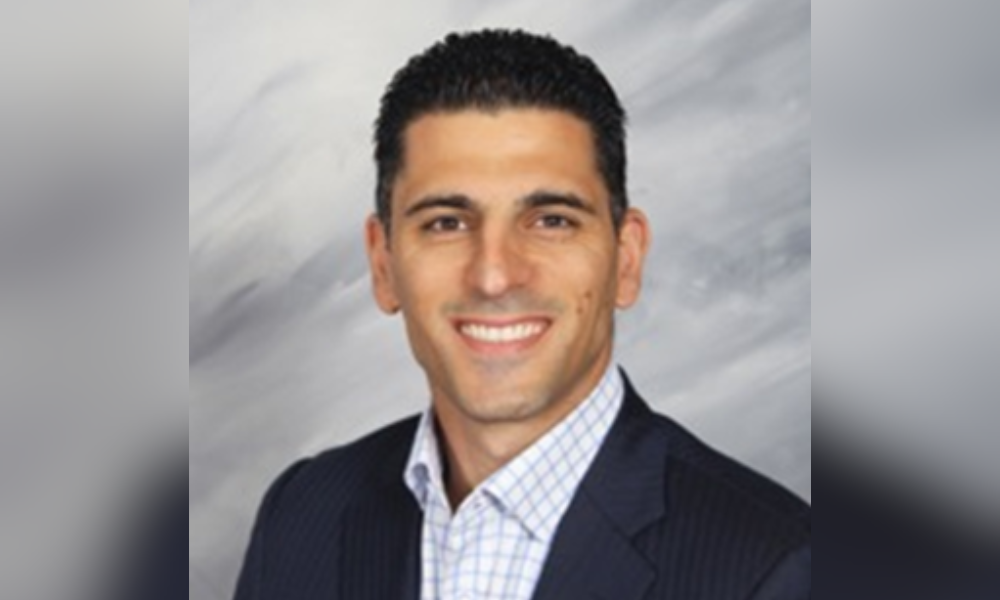Amid rising mortgage expenses and costs of ownership, planning conversations are more vital than ever

Between the double-whammy of interest rate hikes and record-high inflation, Canadian households are caught up in a new higher-cost reality of property ownership. That applies not just to their primary residences, but to their cottage properties as well.
“With the increase in interest rates, we're seeing mortgage payments increase not only on people's primary residences, but also on their cottages,” says Robert Coruzzi, regional vice president at Meridian Credit Union. “With how fast those rates increased, these new payments often weren’t budgeted in.”
Aside from higher mortgage payments, Coruzzi says cottage owners have been grappling with a record rise in inflation. While Statistics Canada recently reported a moderation in inflation from 4.4% in April to 3.4% in May, Canadians with cottages are still facing reverberations in the form of higher maintenance expenses and repair costs.
In its inflation report for May, StatCan revealed mortgage interest costs rose 29.9%, making it the largest contributor to the CPI.
After the initial shock from sudden rate hikes, countless Canadian households have come to conclude that rates are going to be higher for longer than expected. For cottage owners, that means reconsidering their ability to sustain elevated payments, how long they can keep those payments going, and how well they can balance those costs against the costs of their primary residences.
“It's important to know what your retirement is going to look like and what you'll need to have in savings to live that lifestyle,” he says. “That's why it's really important for clients to build the potential expenses of a cottage into their financial plan early have them reviewed often. Once they know the budget needs at retirement, clients can set a proper savings goal to get there.”
Some might decide to hold on to their cottages, especially if they have a larger goal of keeping the property in the family. Those households, Coruzzi says, might want to explore options to offset some of the costs of ownership, such as increasing their cash flow by renting the cottage out either for a short-term or long-term basis.
“From a succession planning standpoint, there are different options available for those transitioning their cottages to family members,” he says. “Utilizing a living trust could help parents who currently own the cottage avoid some tax consequences down the road. But if you’re transferring the cottage through a trust, who’s going to pay for those ongoing maintenance costs?”
Broadly speaking, he says cottage owners faced with the decision to keep the property in the family or sell it should speak with a financial planner. In either case, he says it’s important to look at different options and see their potential impact on the owner’s personal financial plan.
Beyond crunching the numbers, Coruzzi also emphasizes the need for kitchen table talks with family and potential inheritors of the cottage. Rather than waiting until they’re deep in retirement, he says owners should have those conversations early and often, especially as they consider different stakeholders’ wishes and financial capabilities.
“You might have kids that want to take on the cottage, but they can’t afford it,” Coruzzi says. “That’s a totally different conversation from having two kids, and one being able to afford the expenses while the other can’t.
“It’s essential to have a transparent discussion around whether they want the cottage,” he says. “You want to be respectful, but you have to know what everybody’s feeling and thinking. And you have to talk about the realities of the situation.”



